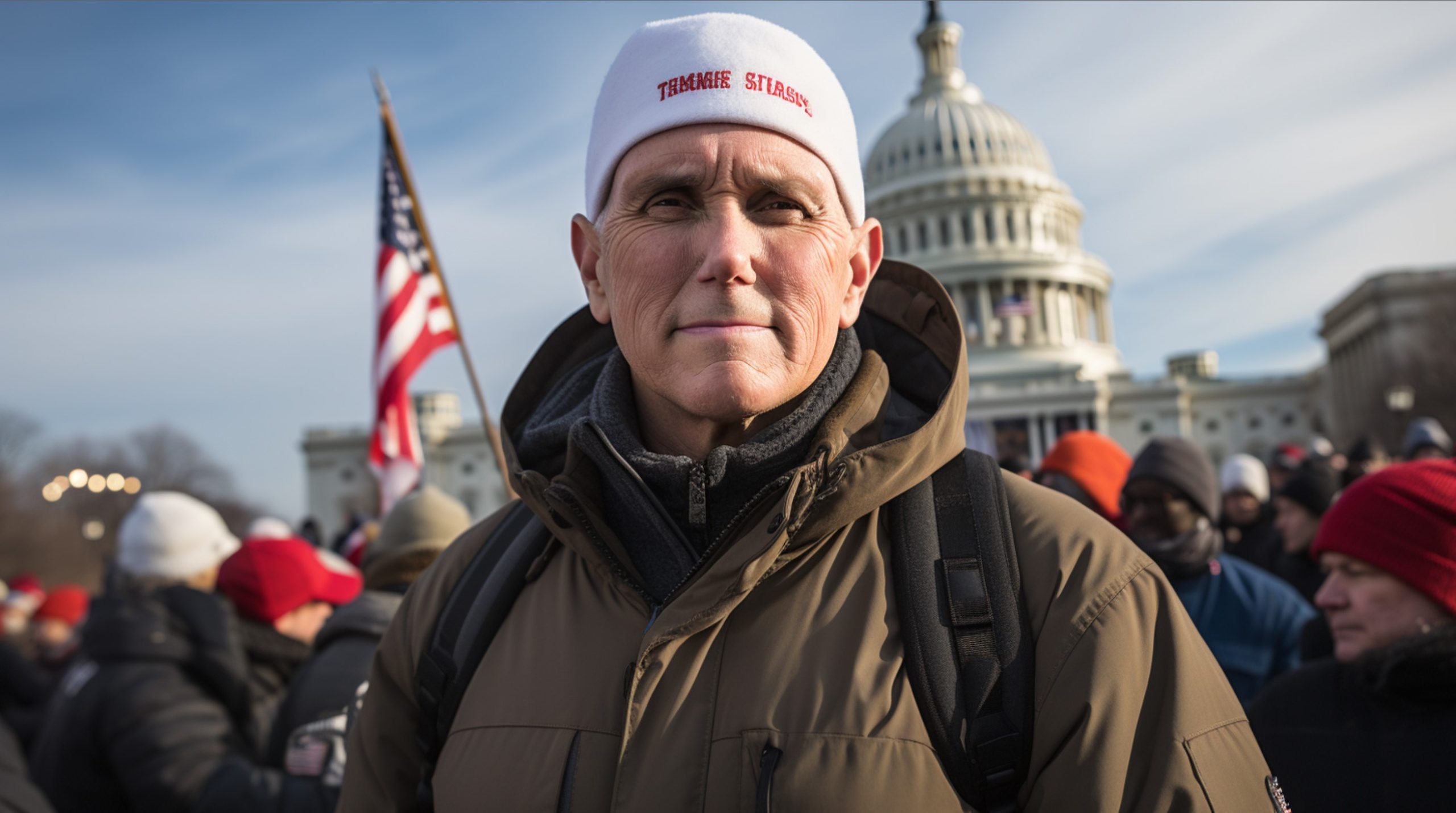
In an unprecedented move, President Donald Trump marked his return to the White House by issuing sweeping pardons to approximately 1,500 individuals connected to the January 6, 2021, Capitol attack.
This dramatic action, taken on his first full day back in office, includes the controversial pardon of Stewart Rhodes, the Oath Keepers founder who was serving an 18-year sentence for seditious conspiracy.
The Announcement and Immediate Impact
In a ceremony that drew both fierce criticism and enthusiastic support, President Trump signed the extensive pardons in the Oval Office, describing the recipients as “hostages of a corrupt system.” The president’s actions effectively nullify years of painstaking work by the Department of Justice, which had characterized the Capitol riot investigation as one of the most extensive in American history.
“Today, we correct a grave injustice and begin the process of national healing,” Trump declared during the signing ceremony, surrounded by supporters and families of those pardoned. “These patriots have suffered enough under the weaponized justice system of our nation.”
Scope of the Pardons
The breadth of these pardons is particularly noteworthy, covering:
- Individuals convicted of assaulting law enforcement officers
- Those charged with obstructing Congressional proceedings
- Participants found guilty of conspiring against the peaceful transfer of power
- Defendants still awaiting trial
- Members of various right-wing organizations involved in the attack
The Stewart Rhodes Case
Among the most controversial aspects of the mass pardons is the release of Stewart Rhodes, the founder of the Oath Keepers militia. Rhodes, whose organization played a pivotal role in the events of January 6, had been convicted in 2023 on charges of seditious conspiracy. His 18-year sentence was among the harshest handed down in relation to the Capitol attack.
Rhodes’s attorney, speaking to reporters outside the prison where his client was released, called the pardon “a victory for justice and constitutional rights.” Within hours of his release, Rhodes made a public appearance at a Trump rally, where he was greeted with standing ovations from supporters.
Legal Implications and Precedent
Constitutional scholars and legal experts have expressed grave concerns about the precedent set by these pardons. Former federal prosecutor Maria Henderson noted, “This isn’t just about the individuals pardoned—it’s about the message it sends regarding political violence and the rule of law in America.”
The pardons also raise complex legal questions about:
- The scope of presidential pardon power
- The impact on ongoing investigations
- The potential for future political violence
- The role of the Justice Department in similar cases
Law Enforcement Response
The law enforcement community has responded with particular concern to the pardons of individuals convicted of assaulting police officers. The Fraternal Order of Police, which had previously supported Trump, issued a statement expressing “deep disappointment” with the decision to pardon those who injured law enforcement officers.
Statistics from the January 6 attack remain stark:
- 140+ police officers injured
- 5 deaths connected to the event
- $2.8 million in damage to the Capitol
- Thousands of hours of investigation time now effectively nullified
Political Reactions and Division
The political response has fallen largely along partisan lines, though with notable exceptions. Democratic leadership has uniformly condemned the pardons, with Senate Majority Leader Chuck Schumer calling them “a betrayal of our democracy” and “an assault on the very foundations of our republic.”
Several prominent Republicans have broken ranks to criticize the decision:
- Senator Mitt Romney (R-UT) called it “a dark day for American justice”
- Former Vice President Mike Pence expressed “deep concern” about the message being sent
- Several Republican governors issued statements distancing themselves from the decision
International Response
The international community has largely reacted with concern to the pardons. Several key U.S. allies have issued carefully worded statements expressing worry about the precedent being set. The European Union’s chief diplomat remarked that “the strength of any democracy lies in its ability to uphold the rule of law.”
Public Reaction and Social Impact
The American public’s reaction has mirrored the country’s political divide. Trump supporters have celebrated the pardons with rallies and demonstrations across the country. In Washington, D.C., thousands gathered near the Capitol to celebrate, while counter-protesters assembled nearby, leading to increased police presence in the area.
Social media platforms have reported unprecedented levels of engagement, with hashtags related to the pardons trending on both sides of the debate. Platform moderators have reported struggling to contain the spread of misinformation and inflammatory content related to the pardons.
Economic Implications
Financial markets showed initial volatility following the announcement, with some analysts expressing concern about political stability. However, major market indices stabilized by day’s end, suggesting that investors had largely priced in the possibility of such pardons following Trump’s election victory.
Looking Forward
The pardons mark not just a dramatic start to Trump’s second term but potentially a new chapter in American political history. Critics warn that pardoning individuals involved in an attempt to overturn an election could normalize political violence, while supporters maintain that the pardons are necessary to heal national divisions.
As the dust settles on this momentous decision, several key questions remain:
- How will these pardons affect future political discourse?
- What precedent does this set for handling political violence?
- Can the justice system maintain its deterrent effect?
- How will this impact the 2026 midterm elections?
Conclusion
As the nation grapples with the implications of these unprecedented pardons, one thing is clear: the debate over January 6 and its aftermath is far from over. The pardons have added another chapter to an already complex national conversation about democracy, justice, and the rule of law in America. Whether this marks a moment of healing, as President Trump claims, or a dangerous precedent, as his critics argue, will likely be debated for generations to come.
